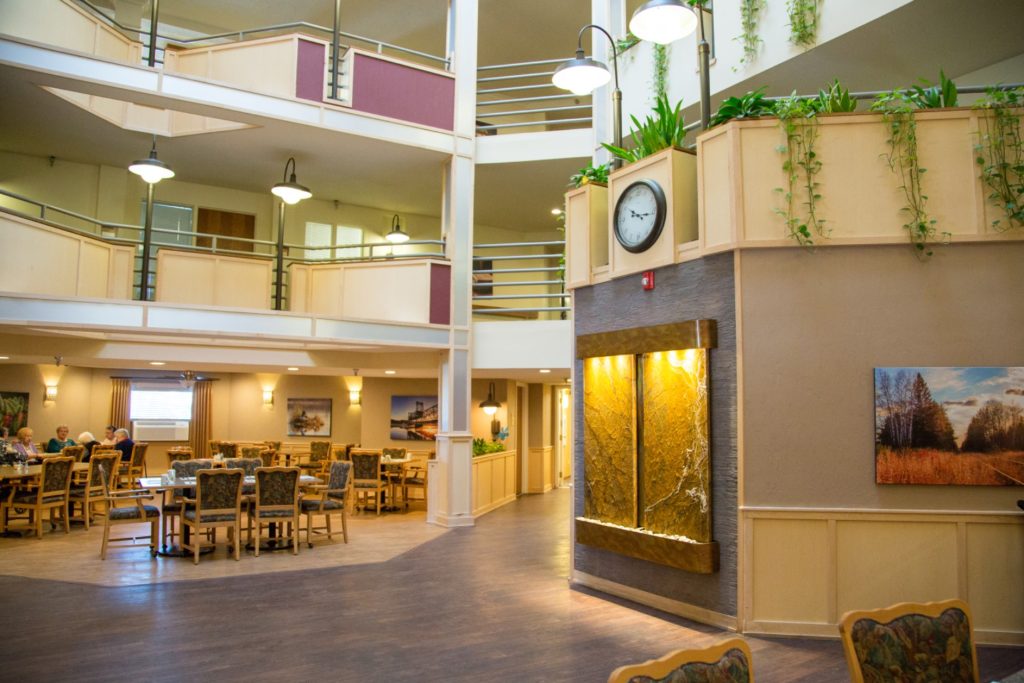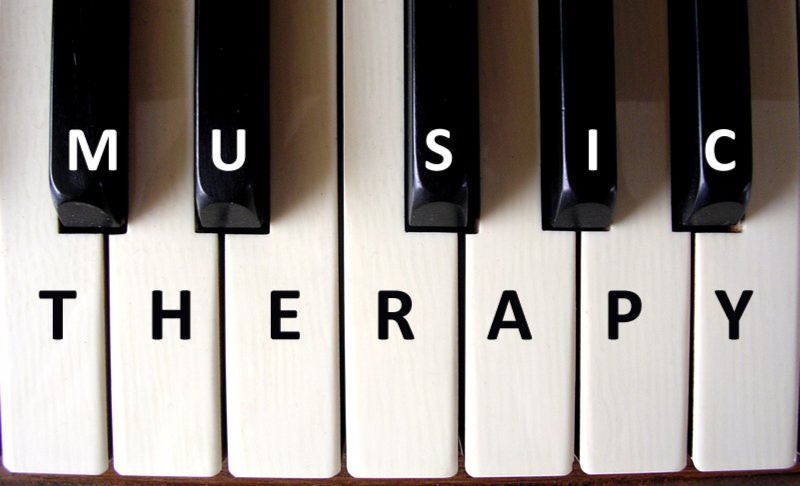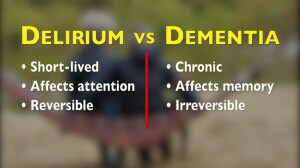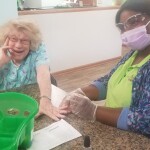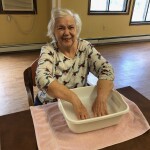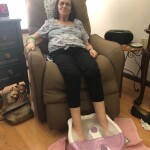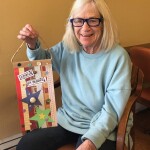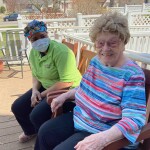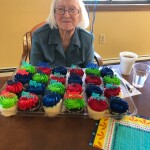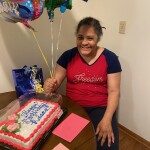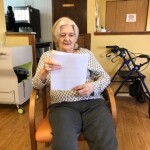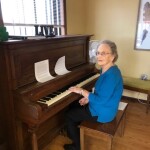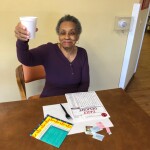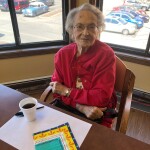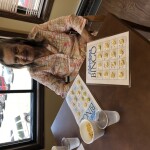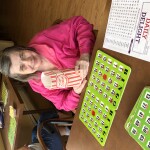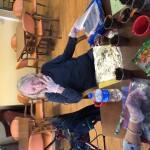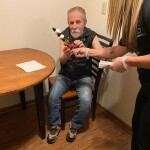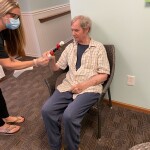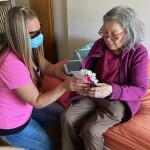ASK THE EXPERT // What is Assisted Living?
What exactly does Assisted Living Mean? Simply put, assisted living provides personalized care in a residential setting. It is designed for people who require various levels of personal and medical care. Living spaces are normally an apartment and provide a homelike setting. Amenities of assisted living are often the same as independent living. Services are tailored to the needs of each person. Personal support, medication management, health monitoring, and an active lifestyle are key for any person choosing an assisted living community.
Memory care support is another facet of assisted living. Many communities provide a secure area for residents needing memory support. Again, daily activities, medication and health management are part of the program designed for each individual’s needs.
The most common reason seniors choose assisted living is needing help with activities of daily living (ADLs).
Those seeking assistance typically need help with two or more ADLs. Dressing, bathing, bed transfer, toileting and meal preparation are common. Many seniors choose a move to assisted living when they reach a point where they want the reassurance of feeling connected to a community instead of living alone and apart. They often seek to reduce the time and effort spent on cooking, cleaning, laundry and home maintenance.
Assisted living communities typically offer rent, meals, housekeeping and medical programming. How these services are bundled and priced vary. Transportation services, activity and spiritual programming and other “extras” can vary from community to community. Some services are included in the base cost of assisted living and others are an extra charge.
When an individual’s health and well-being requires a higher level of support, assisted living can be a great alternative. It provides a healthy lifestyle and social engagement, while offering support and security for individuals and their families.
Keep in mind, assisted living is not skilled nursing or nursing home care. In skilled nursing, a resident receives full-time medical care by a highly trained medical staff. There is less choice and more urgency involved when a person needs that level of care. Assisted living options allow for a personalized level of care and more homelike (and affordable) living situation.
If you have any questions concerning housing options at Copperfield Hill, contact Sherry Price, 763-277-1008.
Posted in About Us /Assisted Living /General Information /Independent Living /Memory Care /Senior Living /


